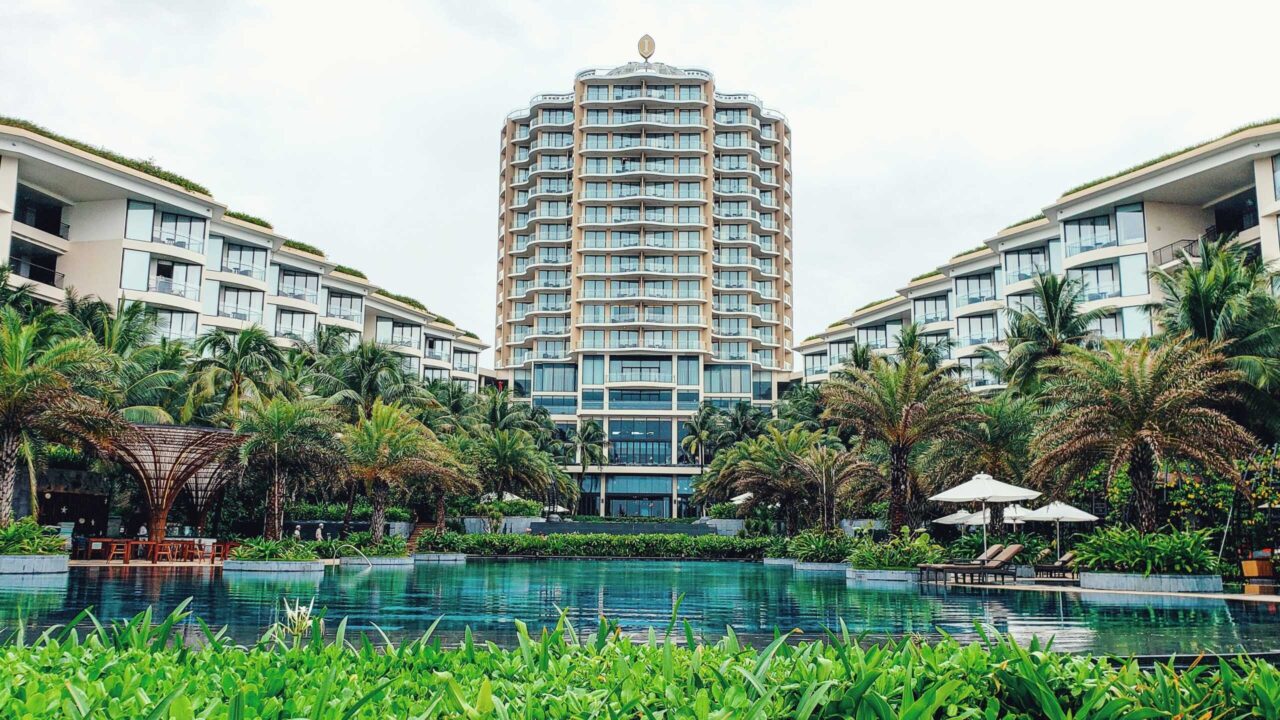
Why embracing sustainability is crucial for appealing to the modern customer and how the hospitality industry can make the move
Source: Sustainable Business Magazine
In today’s world, sustainability has become a critical factor for the success of businesses across various industries. The hospitality industry, in particular, is under increasing pressure to adopt sustainable practices due to the growing concerns of modern customers. Research shows that the hotel industry is responsible for approximately 1% of global carbon emissions, and this number continues to rise. To prevent the worst effects of climate change, hotels must take steps to reduce their carbon footprint. After all, times are changing as are guest preferences, and having a positive impact on the environment remains top priority for many travelers.
The Need for Sustainable Practices in Hospitality
The hospitality industry relies heavily on the environment and cultural resources to attract tourists and drive growth. However, these very attractions are threatened by human activity, with tourism itself often being a major contributor. It is crucial for hospitality organizations to protect and preserve these resources to ensure long-term success.
Moreover, the mindset of modern customers has shifted towards a preference for environmentally and socially responsible products and services.
Studies have shown that 6 out of 10 Millennials and Generation Zers are willing to pay more for sustainable offerings. This trend, though, is not limited to younger generations, as baby boomers are also increasingly choosing sustainable options.
To embrace sustainability and provide guests what they want, hospitality organizations can focus on several key aspects:
First, Focus On Operations With Conservation Measures
Resource conservation is a major step in reducing the environmental impact of hotels. By training employees to adopt energy-saving behaviors and implementing green technologies, organizations can significantly reduce energy consumption. Below are some examples for water conservation, energy efficiency and waste management that target sustainable practices from your employees.
Water Conservation:
Low-flow Fixtures: Install low-flow faucets, toilets and showerheads throughout the property to reduce water usage while maintaining guest comfort.
Linen Reuse Programs: Encourage guests to reuse towels and linens during their stay to minimize water and energy consumption associated with frequent laundering.
Graywater Recycling: Implement graywater recycling systems to treat and reuse water from sinks, showers and laundry for purposes like irrigation.
Rainwater Harvesting: Collect rainwater for landscape irrigation or other non-potable uses, reducing reliance on treated water sources.
Energy Efficiency:
LED Lighting: Replace traditional incandescent bulbs with energy-efficient LED lighting throughout the property to reduce electricity consumption.
Smart Thermostats: Install smart thermostats that adjust room temperatures based on occupancy to optimize energy usage without sacrificing guest comfort.
Energy-Efficient Appliances: Choose energy-efficient appliances for guest rooms and back-of-house areas, such as refrigerators, HVAC systems and laundry equipment.
Waste Management:
Recycling Programs: Set up well-marked recycling bins in guest rooms, common areas and back-of-house spaces to encourage proper disposal of recyclable materials.
Composting: Establish a composting program for food waste generated in kitchens and restaurants. Compost can be used to enrich soil in on-site gardens.
Waste Separation: Train staff to properly separate waste into different streams, such as recyclables, compostables and general waste, to reduce contamination.
Waste Audits: Conduct regular waste audits to identify areas for improvement and measure progress toward waste reduction goals.
Next, Engage Guests To Stay Sustainable Easily
Engaging guests in sustainable practices not only raises awareness about environmental issues but also empowers them to be active participants in the effort to reduce their carbon footprint while traveling.
Opt-Out Housekeeping: Offer guests the option to decline daily housekeeping services. This reduces water, energy and cleaning product usage while respecting guest preferences.
Towel and Linen Reuse: Encourage guests to reuse towels and linens during their stay. Provide clear signage or information in rooms that explains how this helps conserve water and energy.
Green Transportation: Provide information about sustainable transportation options in the area, such as bike rentals, public transit or carpooling services.
Lastly, Source Locally & Go Green As Much As Possible
Outside of providing guests ways to be involved and getting operations in order to be more sustainable, you should also look into teaming up with local producers and shift to sustainable amenities in room.
Here are some options to do that:
Green Amenities: Offer eco-friendly amenities like reusable water bottles, bamboo toothbrushes or refill stations for toiletries to encourage guests to reduce their waste. This can be done by swapping out one-time use amenities such as shampoo and conditioner bottles for more sustainable options, like in-shower dispensers. This is a way to close the loop and get as zero waste as possible in the bathroom.
Local Cuisine Experience: Organize cooking classes or tastings featuring locally sourced and sustainable ingredients, promoting a connection between sustainable dining choices and the local environment.
Print With Earth In Mind: Aside from bathroom or room amenities, move away from standard paper and reuse with recycled paper. Alternatively, skip the paper waste all together, and opt for a fully digital experience from check-in to check-out.
Suit Up Staff, Sustainably: Have staff wear organic cotton uniforms to lessen the impact from production on the earth.
Opt For Eco-Friendly Dining Options: Extend the paperless experience to the dining room, and offer guests biodegradable napkins or alternative materials, like bamboo napkins.
The Time For Sustainability Is Now
Sustainability is no longer a buzzword but a necessity in the hospitality industry. Modern customers expect hotels to prioritize sustainability and offer eco-conscious experiences.
By adopting sustainable practices in energy conservation, waste reduction and the use of organic amenities, hotels can attract more customers, save costs and protect the environment.
This Article was written by Andy de Silva




